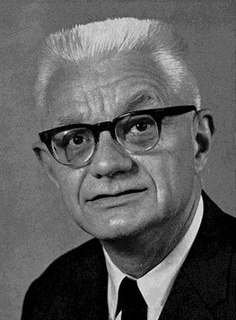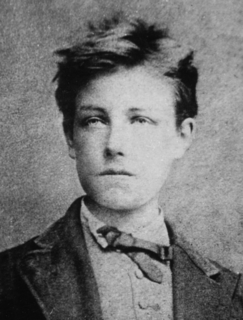A Quote by Penn Jillette
The characters and events depicted in the damn bible are fictitious. Any similarity to actual persons, living or dead, is purely coincidental.
Quote Topics
Related Quotes
There are dozens of writings outside of the Bible that verify the historical accuracy of many of the names of people, places, and events mentioned in the Bible. In fact, external sources verify that at least eighty persons mentioned in the Bible were actual historical figures. Fifty people from the Old Testament, and thirty people from the New Testament.
...to characterize the import of pure geometry, we might use the standard form of a movie-disclaimer: No portrayal of the characteristics of geometrical figures or of the spatial properties of relationships of actual bodies is intended, and any similarities between the primitive concepts and their customary geometrical connotations are purely coincidental.
The flimsy little protestations that mark the front gate of every novel, the solemn statements that any resemblance to real persons living or dead is entirely coincidental, are fraudulent every time. A writer has no other material to make his people from than the people of his experience ... The only thing the writer can do is to recombine parts, suppress some characterisitics and emphasize others, put two or three people into one fictional character, and pray the real-life prototypes won't sue.
We are not to make the Torah into God Himself, nor the Bible into a "paper pope." The Bible is only the result of the Word of God. We can experience the return of the Word of God in the here and now, the perpetual return of the actual, living, indisputable Word of God that makes possible the act of witnessing, but we should never think of the Bible as any sort of talisman or oracle constantly at our disposal that we need only open and read to be in relation to the Word of God and God Himself.
...You have to pass an exam, and the jobs that you get are either to shine shoes, or to herd cows, or to tend pigs. Thank God, I don't want any of that! Damn it! And besides that they smack you for a reward; they call you an animal and it's not true, a little kid, etc.. Oh! Damn Damn Damn Damn Damn!
There is, however, in art another kind of external similarity which is founded on a fundamental truth. When there is a similarity of inner tendency in the whole moral and spiritual atmosphere, a similarity of ideals, at first closely pursued but later lost to sight, a similarity in the inner feeling of any one period to that of another, the logical result will be a revival of the external forms which served to express those inner feelings in an earlier age.


































